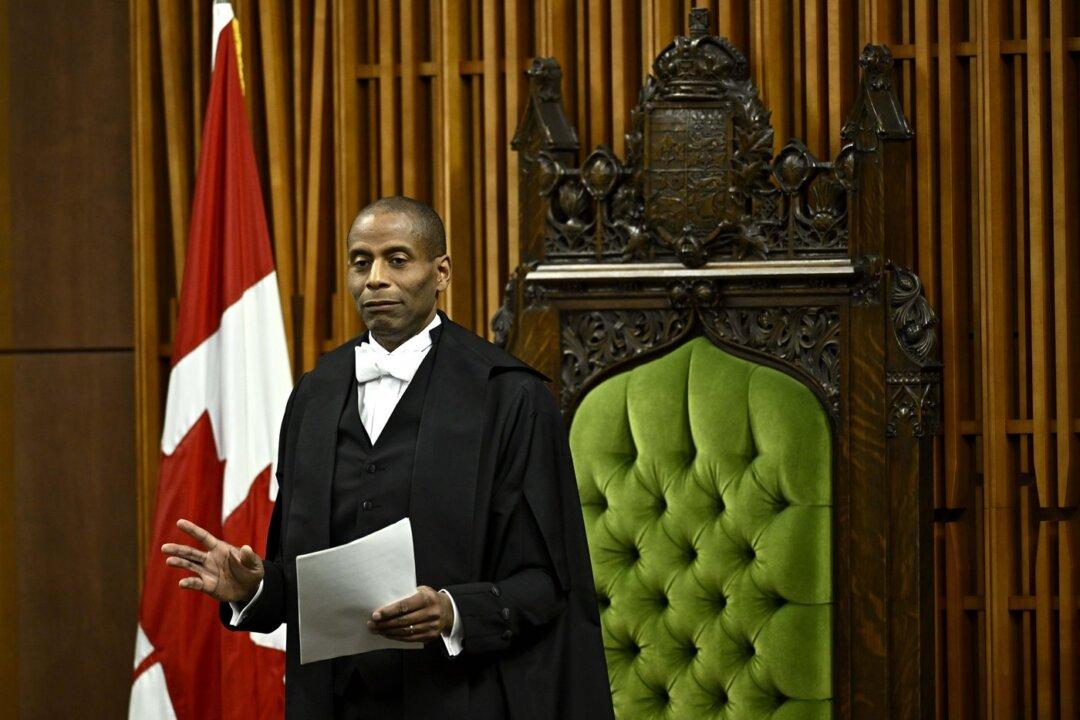Commentary
By a strange coincidence, Canada and the United States both lost their House Speaker in the same week. But with the instructive difference that here it was a combination of buffoonery and attempts to blame-shift, whereas there it was buffoonery plus attempts to make politics less futile. Which alas probably won’t work but at least they tried.





